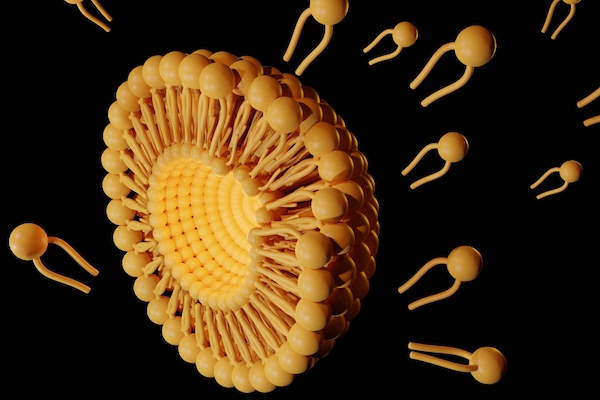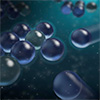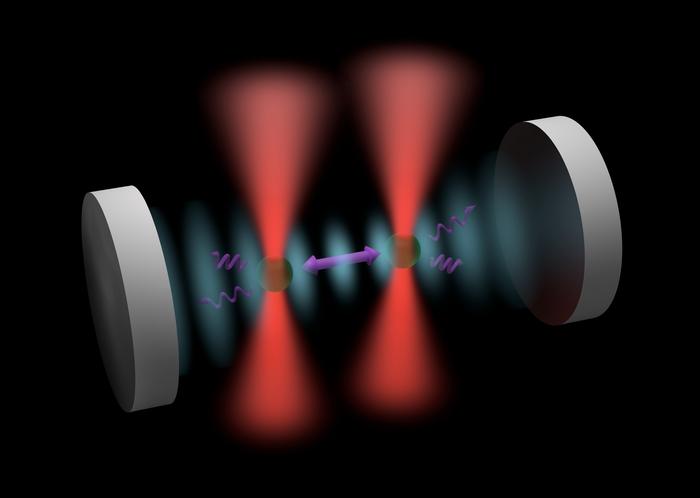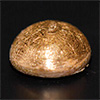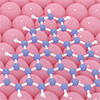Mar 01, 2024 (Nanowerk News) Inspired by the design of space shuttles, Penn Engineering researchers have invented a new way to synthesize a key component of lipid nanoparticles (LNPs), the revolutionary delivery vehicle for mRNA treatments including the Pfizer-BioNTech and Moderna COVID-19 vaccines, simplifying the manufacture of LNPs while boosting...
Study shows that similarly charged particles can sometimes attract, rather than repel
Mar 01, 2024 (Nanowerk News) ‘Opposites charges attract; like charges repel’ is a fundamental principle of basic physics. But a new study from Oxford University, published in Nature Nanotechnology ("A charge-dependent long-ranged force drives tailored assembly of matter in solution"), has demonstrated that similarly charged particles in solution can, in...
Scientists make nanoparticles dance to unravel quantum limits
Mar 01, 2024 (Nanowerk News) The question of where the boundary between classical and quantum physics lies is one of the longest-standing pursuits of modern scientific research and in new research, scientists demonstrate a novel platform that could help us find an answer. The laws of quantum physics govern the...
Sustainable aerogels transform food and electronic waste into pure gold
Mar 01, 2024 (Nanowerk Spotlight) Electronic waste poses one of the fastest growing waste challenges worldwide, with over 50 million tons generated annually. Yet hidden in obsolete devices lies substantial amounts of precious gold used in electronics manufacturing. Recovering these scarce and valuable metals in a scalable, eco-friendly manner remains...
Ultraviolet radiation from massive stars shapes planetary systems
Mar 01, 2024 (Nanowerk News) Up to a certain point, very luminous stars can have a positive effect on the formation of planets, but from that point on the radiation they emit can cause the material in protoplanetary discs to disperse. Data from the James Webb Space Telescope provides new...
AI-enabled atomic robotic probe to advance quantum material manufacturing
Mar 01, 2024 (Nanowerk News) Scientists from the National University of Singapore (NUS) have pioneered a new methodology of fabricating carbon-based quantum materials at the atomic scale by integrating scanning probe microscopy techniques and deep neural networks. This breakthrough highlights the potential of implementing artificial intelligence (AI) at the sub-angstrom...
Machine learning innovations and applications in nanotechnology
Feb 29, 2024 (Nanowerk Spotlight) Machine Learning in nanotechnology represents a vibrant fusion of artificial intelligence (AI) with the manipulation, design, and application of materials, devices, and systems at the nanoscale. This integration of machine learning (ML) within nanotechnology promises to significantly expedite the processes of discovery and innovation, offering...

